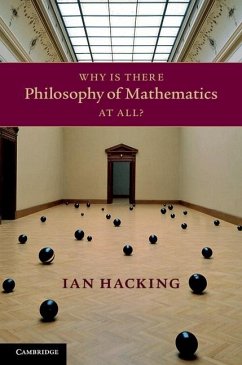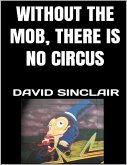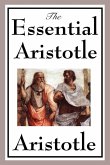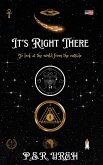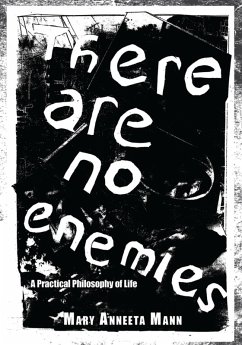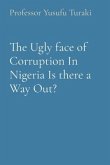This truly philosophical book takes us back to fundamentals - the sheer experience of proof, and the enigmatic relation of mathematics to nature. It asks unexpected questions, such as 'what makes mathematics mathematics?', 'where did proof come from and how did it evolve?', and 'how did the distinction between pure and applied mathematics come into being?' In a wide-ranging discussion that is both immersed in the past and unusually attuned to the competing philosophical ideas of contemporary mathematicians, it shows that proof and other forms of mathematical exploration continue to be living, evolving practices - responsive to new technologies, yet embedded in permanent (and astonishing) facts about human beings. It distinguishes several distinct types of application of mathematics, and shows how each leads to a different philosophical conundrum. Here is a remarkable body of new philosophical thinking about proofs, applications, and other mathematical activities.
Dieser Download kann aus rechtlichen Gründen nur mit Rechnungsadresse in A, B, BG, CY, CZ, D, DK, EW, E, FIN, F, GR, HR, H, IRL, I, LT, L, LR, M, NL, PL, P, R, S, SLO, SK ausgeliefert werden.

